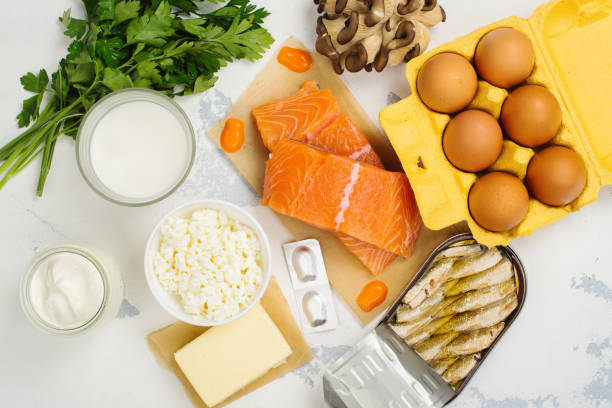
How to Make Your Diet Rich in Essential Vitamins and Minerals
Share
Maintaining a balanced diet rich in essential vitamins and minerals is key to overall health and well-being. These nutrients help support a strong immune system, sustain energy levels, and contribute to vital bodily functions. Without the right balance of vitamins and minerals, the body may struggle with everything from fatigue to weakened immunity. The good news is that making simple dietary changes can help ensure you get the nutrients you need every day.
One of the best ways to increase your vitamin and mineral intake is by incorporating a variety of colorful fruits and vegetables into your meals. Different colors often indicate different nutrient profiles. For example, leafy greens such as spinach and kale are packed with iron, folate, and vitamin K, which support blood health and bone strength. Bright orange fruits like carrots and sweet potatoes are rich in beta-carotene, a precursor to vitamin A, which is crucial for good vision and immune function. Citrus fruits, including oranges, lemons, and grapefruits, provide high levels of vitamin C, which aids in collagen production and boosts the immune system.
Whole grains are another important component of a nutrient-rich diet. Options such as oats, quinoa, brown rice, and whole wheat bread provide B vitamins like thiamine, riboflavin, and folic acid, which are essential for energy production and a healthy metabolism. Unlike refined grains, whole grains retain their natural fiber and nutrient content, offering long-lasting energy and improved digestive health.
Nuts and seeds are small but mighty sources of essential minerals. Almonds, walnuts, flaxseeds, and chia seeds contain magnesium, zinc, and vitamin E, which contribute to muscle function, skin health, and immune defense. These foods also provide heart-healthy fats and protein, making them a great snack option or a nutritious addition to meals.
Including lean protein sources in your diet can further enhance your intake of vital minerals. Foods such as chicken, turkey, fish, tofu, beans, and lentils provide iron, zinc, and potassium, all of which play key roles in oxygen transport, immune support, and muscle function. For those following a plant-based diet, legumes and soy products can help meet daily protein and mineral requirements.
Dairy products and fortified plant-based alternatives are excellent sources of calcium and vitamin D, which are essential for strong bones and teeth. Yogurt, cheese, and milk contain high levels of these nutrients, while fortified almond, soy, or oat milk can serve as alternatives for those who are lactose intolerant or prefer plant-based options. Ensuring adequate vitamin D intake is particularly important for those who have limited sun exposure, as this vitamin helps the body absorb calcium efficiently.
Healthy fats are another critical component of a well-rounded diet. Foods such as avocados, olive oil, and fatty fish like salmon and mackerel provide omega-3 fatty acids and vitamin D, which promote brain health, reduce inflammation, and support cardiovascular function. Including these fats in your meals can help regulate cholesterol levels and improve overall heart health.
A diet rich in a variety of vitamins and minerals is crucial for maintaining a healthy body and mind. By incorporating nutrient-dense foods into your meals, you’ll be giving your body the tools it needs to function optimally. Start with small changes, such as adding more vegetables to your plate, swapping refined grains for whole grains, or choosing nutrient-dense snacks like nuts and seeds. Over time, these habits will become part of your routine, helping you achieve long-term health and vitality.
Get more knowledge about eating healthy, please refer to The Mediterranean Diet for Beginners.
